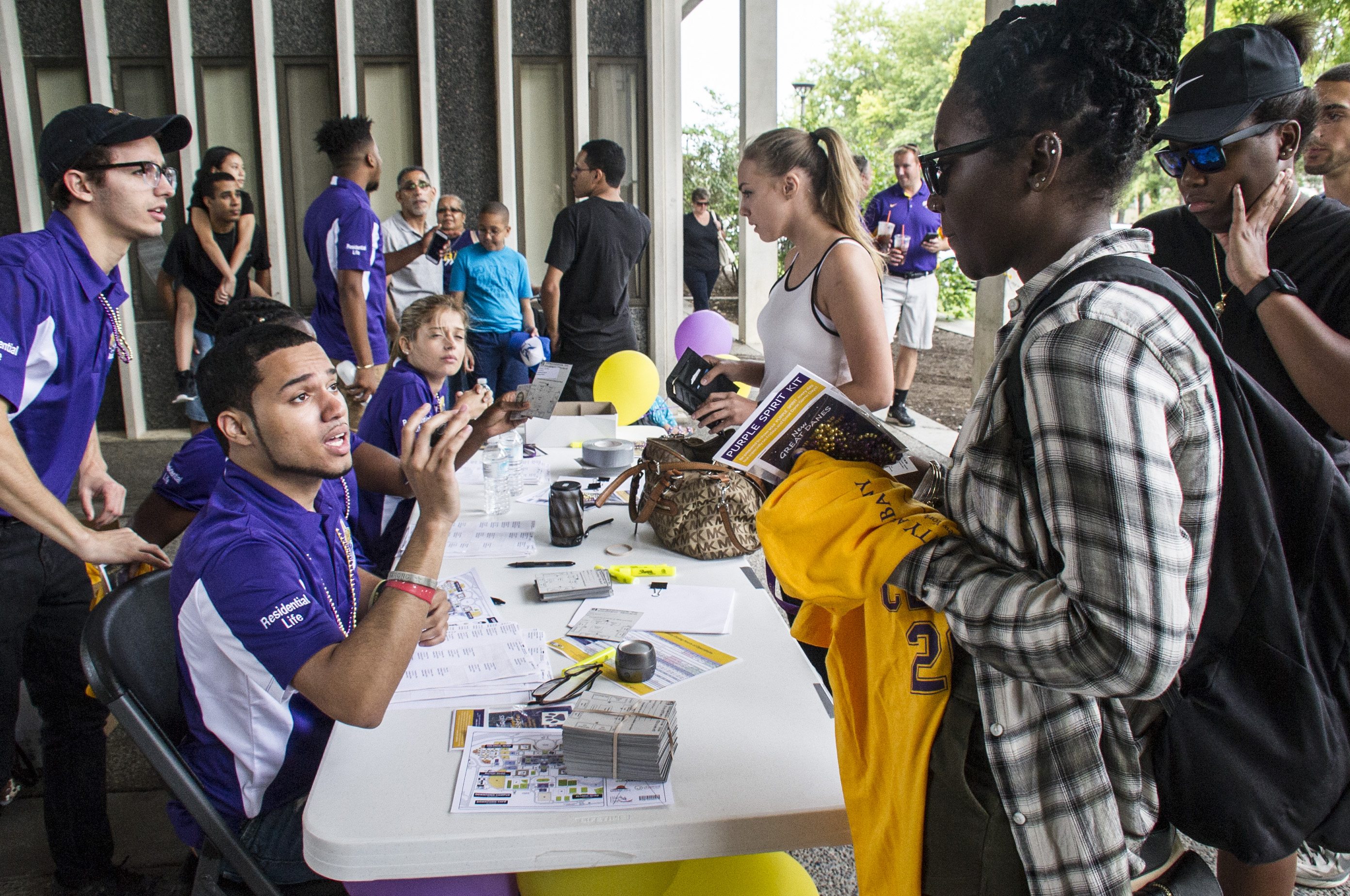Learning objectives that UAlbany students are expected to attain through their course of study within their academic program.
- Demonstrate a thorough understanding of the major concepts within your chosen subject of instruction (e.g., English, history, chemistry) as evidenced by your grades in content courses and performance on New York State content examination.
- Demonstrate an in-depth understanding of New York State content learning standards for your subject areas through planning and delivery of standards-based classroom instruction.
- Plan lessons that demonstrate knowledge of how 5–12 students learn and engage with core ideas and cross-cutting concepts in your subject area.
- Engage in reflective inquiry on your practice both independently and with others to foster continual personal growth and learning progression toward more sophisticated understandings.
- Design assessments that recognize and consider student preconceptions and understandings developed during instruction.
- Design and facilitate authentic learning experiences, which facilitate relevant and meaningful content learning for 5–12 students.
- Provide learners with multiple points of access to instruction (e.g., visual, verbal, written, gesture, etc.).
- Demonstrate knowledge of how theories and research about social justice, diversity and equity can enhance students’ opportunities to learn.
- Understand and adapt to diverse learning styles in instructional settings.
- Demonstrate understanding of an interconnected and interdependent global context.
- Demonstrate how media and technology can enhance classroom practice to meaningfully support learning.
- Pursue scholarship to enhance and engage professionally in both the content area and teaching field (e.g., attend conferences, read new literature, write, etc.).







